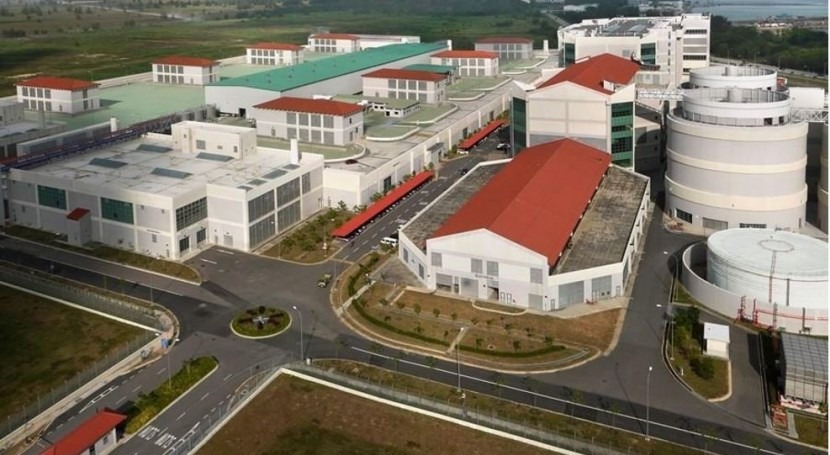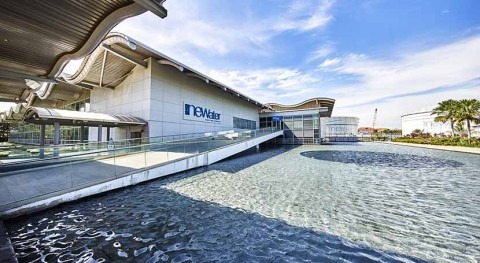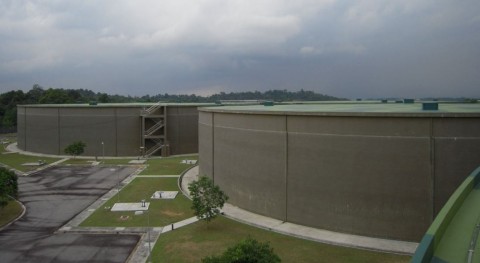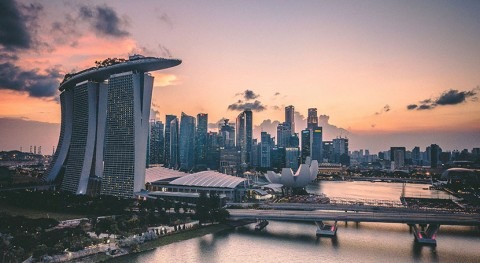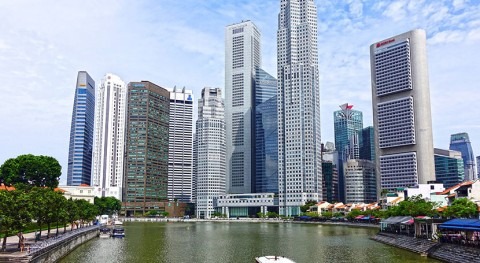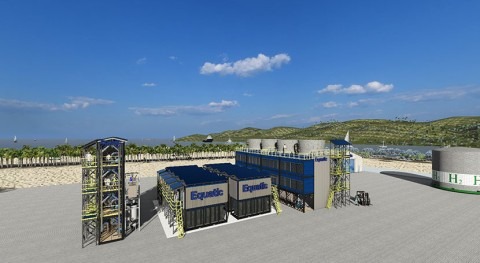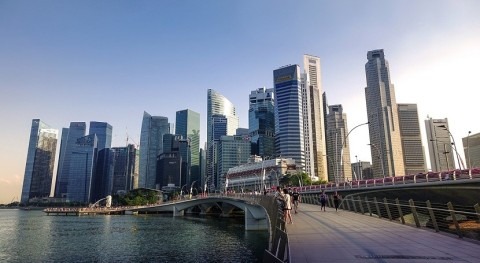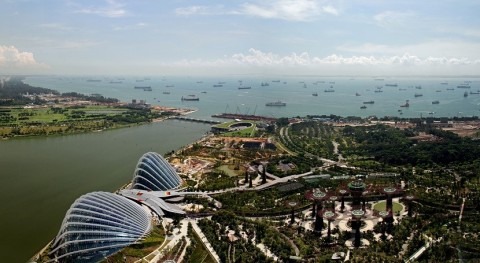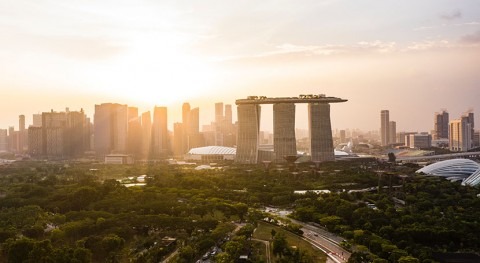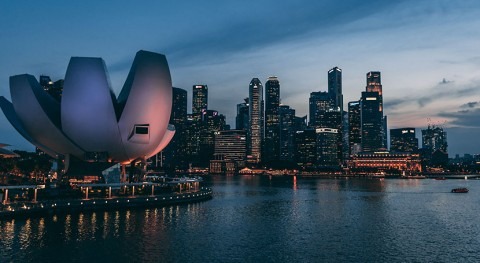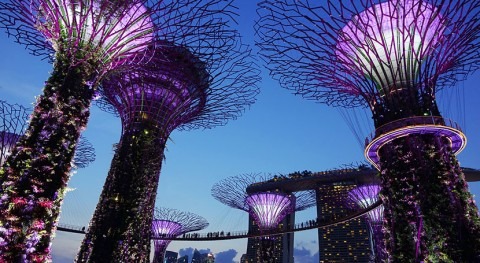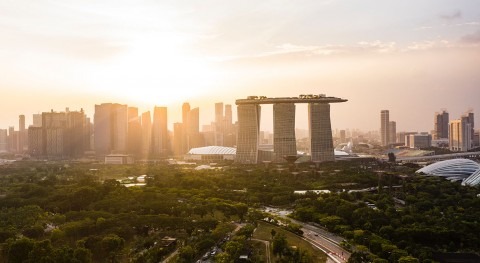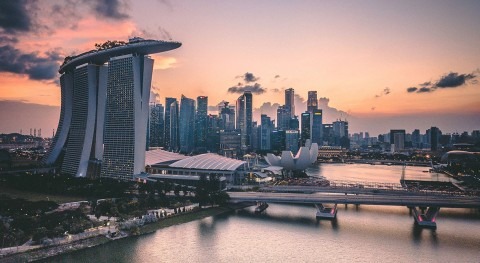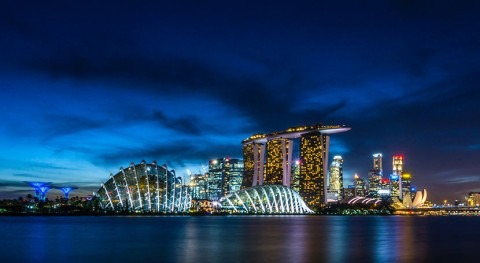PUB, Singapore’s National Water Agency, has launched a tender to commence the third phase of expansion for the Changi Water Reclamation Plant (WRP). It is scheduled for completion in the mid-2030s to meet the projected increase in used water flow from industries in eastern Singapore. The expansion is in line with PUB’s efforts to maintain our water systems and to invest in water infrastructure, to meet rising demand for used water treatment and to ensure a sustainable used water system for Singapore.
Upon completion, the used water treatment capacity at Changi WRP will increase by up to 96 million gallons per day (mgd), equivalent to 175 Olympic-sized swimming pools. The plant has a current treatment capacity of 224mgd, and is undergoing its second phase of expansion, due to complete by end-2024.
For the phase 3 expansion, PUB has launched an open tender for professional engineering services. The full construction is estimated to cost about $2 billion and will include new facilities such as an additional influent pumping station, liquids treatment modules and a biosolids treatment facility (refer to Annex). The appointed consultant will be required to conduct a series of engineering studies, inclusive of a long-term plan for the future expansions of Changi WRP, as well as an environmental study to evaluate the potential impact caused by the construction and subsequent operation of the expanded Changi WRP.
Commissioned in 2008, and constructed partially underground, Changi WRP is part of the Deep Tunnel Sewerage System (DTSS) Phase 1 project and boasts a compact design and innovative features. PUB is in the midst of transitioning to a 3-node used water management system, with the DTSS conveying used water to three centralised WRPs in the northern (Kranji), western (Tuas) and eastern (Changi) regions in Singapore. NEWater production will also be consolidated by integrating all NEWater factories within the WRPs.
There are currently two NEWater factories co-located in Changi WRP, each with a capacity of 50mgd. A third factory with similar capacity is due to commence construction later this year and will be completed by 2026. It will replace the existing Bedok NEWater Factory, which will be decommissioned by end-2024.


